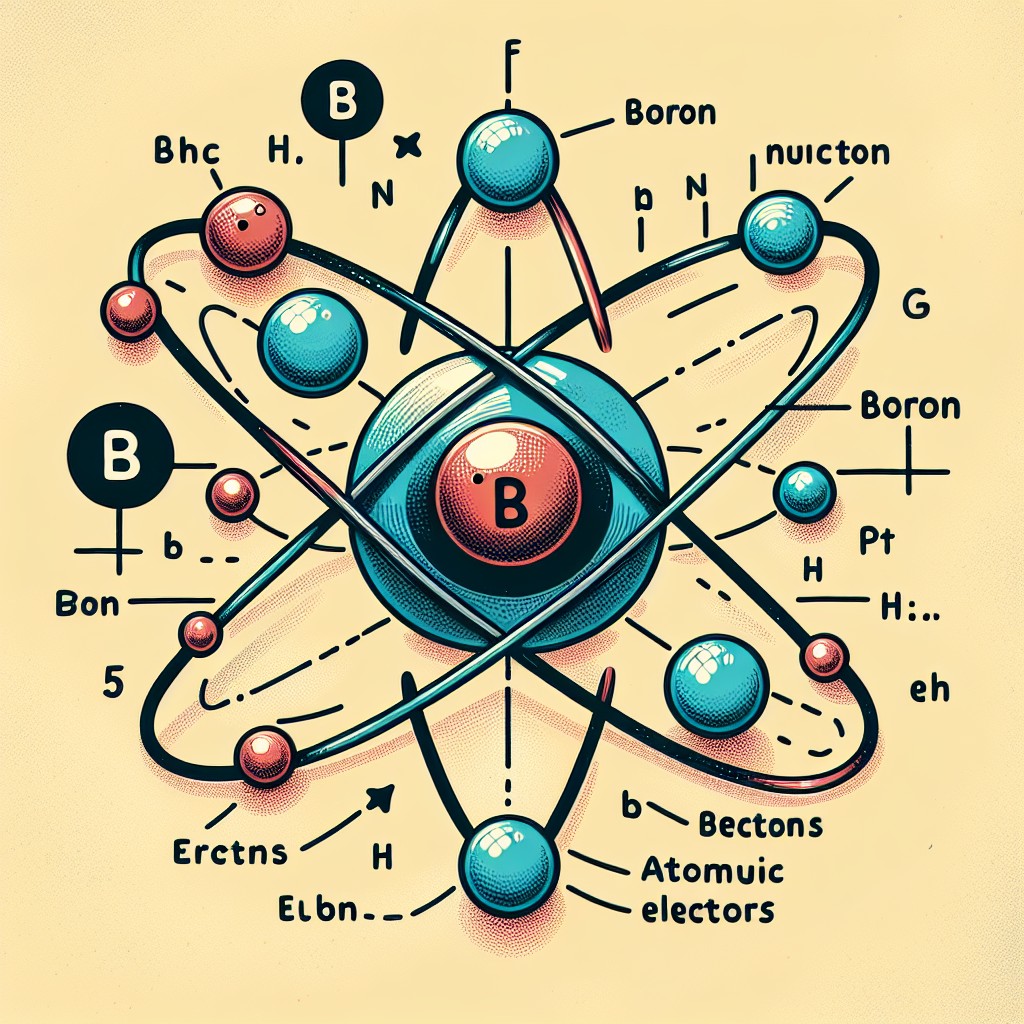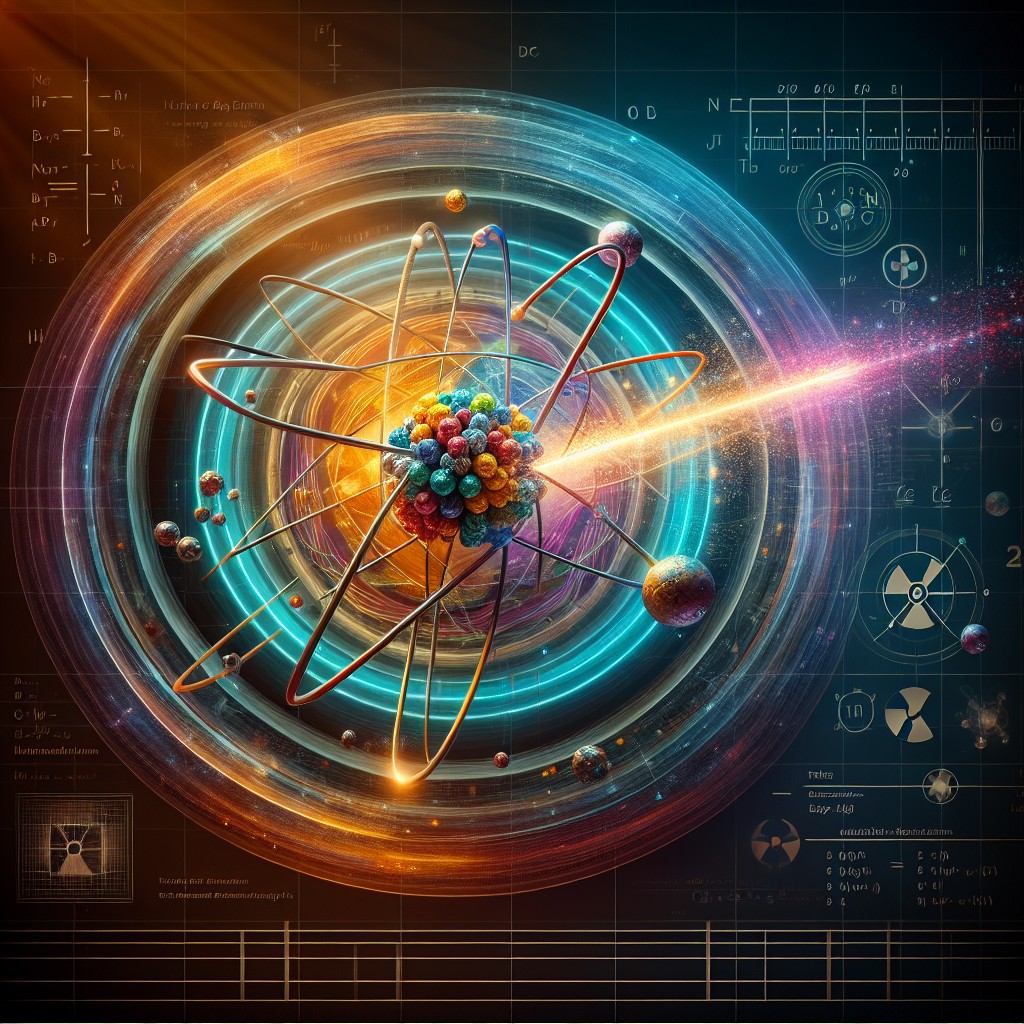NATO, the North Atlantic Treaty Organization, is an intergovernmental military alliance that was established in 1949. One of the key aspects of NATO‘s defence strategy is its nuclear power program. Nuclear weapons have long been seen as a crucial element in international relations, providing a deterrent against potential adversaries and ensuring peace and stability. In this article, we will explore the history of NATO’s nuclear power program, its role in NATO’s defence strategy, the nuclear sharing agreement among member states, the ongoing debate on nuclear weapons, and the future of NATO’s nuclear power program.
Summary
- NATO has a nuclear power program that includes the deployment of nuclear weapons in Europe.
- The program dates back to the Cold War era and was developed as a deterrent against Soviet aggression.
- Nuclear weapons are still seen as a key part of NATO’s defence strategy, despite efforts to reduce their role.
- The nuclear sharing agreement allows non-nuclear states to participate in NATO’s nuclear program.
- There is ongoing debate about the risks and benefits of NATO’s nuclear power program, and its impact on international relations.
The History of NATO’s Nuclear Power Program
The origins of NATO’s nuclear power program can be traced back to the early days of the Cold War. Following World War II, there was a growing concern among Western European countries about the Soviet Union’s expansionist ambitions. In response to this perceived threat, several NATO member states began developing their own nuclear weapons programs. The United States, as the leading member of NATO, played a crucial role in assisting these countries in their nuclear endeavors.
Over time, NATO’s nuclear strategy evolved to reflect changes in the global security environment. Initially, the focus was on maintaining a credible deterrent against the Soviet Union. However, with the end of the Cold War and the dissolution of the Soviet Union, NATO’s nuclear strategy shifted towards a more flexible and tailored approach. This included reducing the number of deployed nuclear weapons and adopting a policy of no-first-use.
The Role of Nuclear Weapons in NATO’s Defence Strategy
Nuclear weapons play a central role in NATO’s defence strategy. They are seen as a deterrent against potential adversaries, ensuring that any aggression or attack would result in devastating consequences for the aggressor. The possession of nuclear weapons by NATO member states sends a clear message that any act of aggression will be met with a strong and decisive response.
Furthermore, nuclear weapons are integrated into NATO’s overall defence strategy, which includes conventional forces, missile defence systems, and cyber capabilities. This integration allows for a comprehensive and layered approach to deterrence, making it more difficult for potential adversaries to contemplate aggression.
The importance of nuclear weapons in maintaining peace and stability in Europe cannot be overstated. The presence of nuclear weapons has helped to prevent major conflicts and maintain a balance of power between NATO and other countries. It serves as a constant reminder that any act of aggression would have severe consequences, thus discouraging potential adversaries from engaging in hostile actions.
The Nuclear Deterrent and NATO’s Security
The nuclear deterrent is a crucial component of NATO’s security. It serves as a powerful deterrent against potential adversaries, making them think twice before engaging in any aggressive actions. The possession of nuclear weapons by NATO member states sends a clear message that any act of aggression will be met with a strong and decisive response.
The role of nuclear weapons in preventing conflict and aggression cannot be underestimated. The devastating consequences of a nuclear war make it highly unlikely that any rational actor would initiate such a conflict. This creates a strong incentive for countries to resolve their differences through diplomatic means rather than resorting to military force.
Furthermore, the nuclear deterrent has had a significant impact on NATO’s relations with other countries. It has helped to maintain stability and prevent major conflicts, thereby contributing to global security. The possession of nuclear weapons by NATO member states has also served as a deterrent against potential adversaries outside the alliance, ensuring that they think twice before engaging in any aggressive actions.
The Nuclear Sharing Agreement in NATO
The nuclear sharing agreement is an important aspect of NATO’s nuclear power program. Under this agreement, several NATO member states have agreed to share the responsibility for the deployment and use of nuclear weapons. This allows for the sharing of nuclear weapons among member states, ensuring that there is a credible and effective deterrent against potential adversaries.
The benefits of the nuclear sharing agreement are numerous. It allows for a more equitable distribution of the burden and responsibility for nuclear deterrence among NATO member states. It also enhances the credibility of NATO’s nuclear deterrent, as it demonstrates a collective commitment to the defence of the alliance.
However, there are also drawbacks to the nuclear sharing agreement. Some argue that it undermines the principle of national sovereignty, as it requires member states to rely on the nuclear weapons of other countries for their security. There are also concerns about the safety and security of nuclear weapons, as their deployment and storage can be a target for terrorist attacks.
The Debate on Nuclear Weapons in NATO

The role of nuclear weapons in NATO’s defence strategy has been the subject of ongoing debate. There are different perspectives on the necessity and effectiveness of nuclear weapons in maintaining peace and stability. Some argue that nuclear weapons are essential for deterrence and maintaining a balance of power, while others believe that they are unnecessary and pose a significant risk to global security.
Those in favour of the continued reliance on nuclear weapons argue that they provide a credible deterrent against potential adversaries. They believe that without nuclear weapons, NATO would be vulnerable to aggression and would lose its ability to protect its member states. They also argue that nuclear weapons have played a crucial role in preventing major conflicts and maintaining peace and stability in Europe.
On the other hand, opponents of nuclear weapons argue that they are unnecessary and pose a significant risk to global security. They believe that the possession of nuclear weapons by any country increases the likelihood of their use, either intentionally or accidentally. They also argue that nuclear weapons do not provide a credible deterrent, as they cannot be used without causing catastrophic consequences.
The ongoing debate on nuclear weapons has had an impact on NATO’s nuclear power program. It has led to a re-evaluation of NATO’s nuclear strategy and a shift towards a more flexible and tailored approach. This includes reducing the number of deployed nuclear weapons and adopting a policy of no-first-use.
The Future of NATO’s Nuclear Power Program
The future of NATO’s nuclear power program is uncertain. There are potential changes on the horizon that could have a significant impact on NATO’s nuclear strategy. Technological advancements, such as the development of hypersonic weapons and cyber capabilities, could change the nature of warfare and the role of nuclear weapons.
Furthermore, there is an ongoing debate on the role of nuclear weapons in future conflicts. Some argue that nuclear weapons will continue to play a crucial role in maintaining peace and stability, while others believe that they are becoming increasingly irrelevant in the face of emerging threats.
It is clear that NATO’s nuclear power program will need to adapt to these changing circumstances. This may involve further reductions in the number of deployed nuclear weapons, increased reliance on conventional forces and other capabilities, and a greater emphasis on diplomacy and conflict prevention.
The Impact of NATO’s Nuclear Power on International Relations
NATO’s nuclear power program has a significant impact on international relations. The possession of nuclear weapons by NATO member states affects relations with other countries, both within and outside the alliance. It sends a clear message that any act of aggression will be met with a strong and decisive response, thus deterring potential adversaries from engaging in hostile actions.
The impact of nuclear weapons on global security and stability cannot be underestimated. The possession of nuclear weapons by any country increases the likelihood of their use, either intentionally or accidentally. This creates a constant state of tension and uncertainty, as any conflict has the potential to escalate into a nuclear war with catastrophic consequences.
However, NATO also plays a crucial role in promoting nuclear disarmament. It has been at the forefront of efforts to prevent the proliferation of nuclear weapons and promote arms control agreements. NATO member states have made significant reductions in their nuclear arsenals and have taken steps towards disarmament.
The Risks and Benefits of NATO’s Nuclear Power Program
NATO’s nuclear power program comes with both risks and benefits. The potential risks associated with nuclear weapons are clear. They have the potential to cause catastrophic destruction and loss of life, and their use would have severe consequences for global security and stability. There is also the risk of accidental use or the theft of nuclear weapons by non-state actors.
However, there are also benefits to nuclear weapons in maintaining peace and stability. The possession of nuclear weapons by NATO member states serves as a deterrent against potential adversaries, ensuring that any act of aggression would result in devastating consequences. This has helped to prevent major conflicts and maintain a balance of power between NATO and other countries.
It is important to balance the risks and benefits of nuclear weapons. While they can provide a credible deterrent against potential adversaries, their use would have catastrophic consequences. It is crucial to continue efforts towards disarmament and non-proliferation, while also maintaining a credible deterrent to ensure peace and stability.
NATO’s Nuclear Power in a Changing World
In conclusion, NATO’s nuclear power program has played a crucial role in international relations. Nuclear weapons have been seen as a key element in maintaining peace and stability, providing a deterrent against potential adversaries. However, there is an ongoing debate on the role of nuclear weapons in NATO’s defence strategy, with arguments for and against their continued reliance.
The future of NATO’s nuclear power program is uncertain, as technological advancements and emerging threats could change the nature of warfare and the role of nuclear weapons. It is crucial to adapt to these changing circumstances and continue efforts towards disarmament and non-proliferation.
In a changing world, it is important to continue the discussion and debate on the role of nuclear weapons in international relations. The risks and benefits must be carefully balanced to ensure peace, stability, and global security.
FAQs
What is NATO?
NATO stands for North Atlantic Treaty Organization. It is an intergovernmental military alliance between 30 North American and European countries.
What is nuclear power?
Nuclear power is the use of nuclear reactions to generate electricity. It involves the use of nuclear reactors to produce heat, which is then used to create steam that drives turbines to generate electricity.
Does NATO have nuclear weapons?
Yes, NATO has nuclear weapons. The alliance has a nuclear deterrence policy, which means that it maintains a nuclear arsenal to deter potential adversaries from attacking its member states.
How many nuclear weapons does NATO have?
The exact number of nuclear weapons in NATO’s arsenal is classified. However, it is estimated that the alliance has around 3,800 nuclear warheads, with the majority of them belonging to the United States.
What is the role of nuclear weapons in NATO’s defence strategy?
Nuclear weapons are a key component of NATO’s defence strategy. The alliance’s nuclear deterrence policy is based on the principle of “extended deterrence,” which means that NATO’s nuclear weapons are intended to deter not only direct attacks on its member states but also any aggression against them.
What is the controversy surrounding NATO’s nuclear weapons?
There is a debate among NATO member states and the international community about the role of nuclear weapons in modern warfare and whether they should be abolished altogether. Some argue that nuclear weapons are necessary for deterrence, while others believe that they are a threat to global security and should be eliminated.


